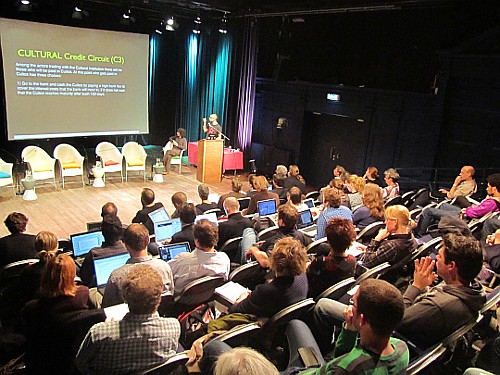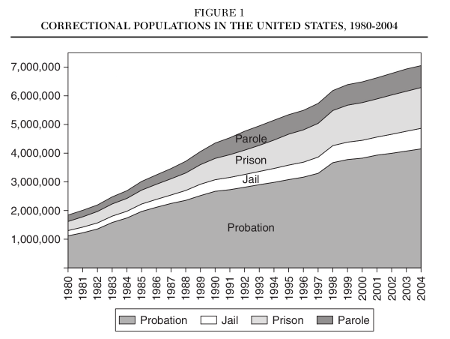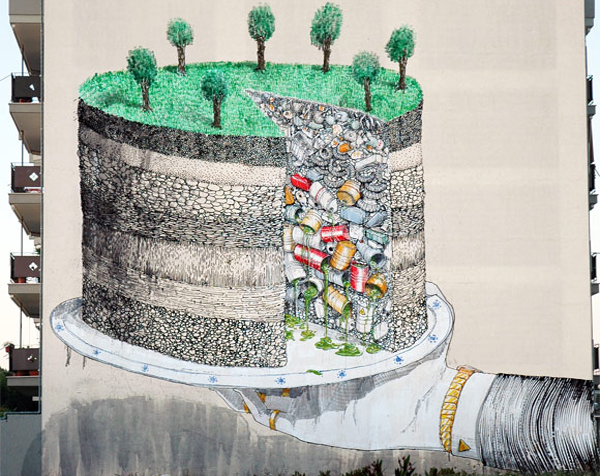Wed, 24 Nov 2010
Why the Aut/Inv server was raided in Norway?
Now finally its seems the Aut/Inv collective got to know the reason
why one of their servers was raided on the 5th of November in Norway,
an act performed by the Norwegian police on behalf of an international
mandate of investigation from Italy, which disrupted the private email
and web publishing services for thousands of users, also potentially
endangering their privacy.
Here below I'm quoting their communicate published today on noblogs:
A/I’s Norwegian crackdown in a nutshell
The Autistici/Inventati collective and the Investici Association,
which represents the collective in legal and bureaucratic matters,
are a group of people who mantain and develop electronic
communication services for individuals, associations, informal
groups and movements and, among their particular aims, defend the
freedom of expression and privacy.
The story we are going to tell started in Avezzano, Italy, between
the 9th December 2008 and the 30th March 2009. A lawsuit gave rise
to an investigation where it is mantained that Gianluca Jannone,
leader of the neo-fascist group “Casa Pound”, and Ercole Marchionni,
founder of “casa pound Avezzano”, suffered threats and slander. In
particular, there are charges concerning a message painted on a
wall, some red paint on a door bell and some texts published on
abruzzo.indymedia.org and orsa.noblogs.org, claiming that no public
space should be given to declared neo-fascist groups.
After this lawsuit, public prosecutor Stefano Gallo activated
together with the Avezzano police office, and the case reached the
postal police in Milan. In August 2009 the Investici Association
(and therefore the Autistici/Inventati collective) was called to
witness, and formally declared in front of police agents that no log
files linked with the orsa @ canaglie . net mailbox were kept in its
servers, nor did the association have any personal data regarding
the subscriber of the mailbox.
The Avezzano police office sent a rogatory letter (with charges of
threats!!!) to Norway, Holland and Switzerland, asking the local
authorities to contact the providers where Autistici/Inventati keeps
its servers and obtain the data that our legal representative had
not given them – not with reticence, but because that information is
clearly unavailable.
In November 2010 the Norwegian postal police performed their duty
towards their Italian colleagues: they turned up at our provider’s
webfarm and asked to copy all the disks in the server, whose
contents are mostly encrypted.
About two hours after the seizure, we re-activated the services in
different servers. After approximately 24 hours, our whole
infrastructure was running exactly as before. In this case the R*
Plan worked nicely as an anti-censorship system.
Some considerations
We think that what happened can be read at several levels,
reflecting different facets of the Italian society.
First of all, the relationships between Neo-Fascism and
institutions. Recently the process related to the Piazza della
Loggia bombing ended with a series of acquittals. In two different
phases of the Italian history, Neo-Fascism and some state
organizations where closely connected. Historically, several
elements link the Piazza della Loggia bombing with neo-fascist
groups, and in this case there have been clear cover-ups, attempts
to pigeon-hole the case, and silences which have obscured many
details until today. Thirty years after that attack, it is
impossible to obtain some kind of truth about what happened. The
protection mechanism that was started in the 70s worked perfectly
well.
This kind of attitude is endemic, and can be found in more recent
incidents that may be minor but are nonetheless painful.
The men who confessed to have killed the antifascist activist Dax
have been sentenced to ridiculous punishments, if compared for
instance to the four-year imprisonment sentence given to four
Milanese anti-fascists who had “robbed” a nazi-skin by taking his
jacket.
These days, when all over Italy the police is complaining about
reduced funds, we find it unexplainable that a private lawsuit filed
at the Avezzano police office regarding minor events can unleash an
international rogatory frenzy aimed at acquiring data that are
inexistent and would be irrelevant to any investigation.
We can explain this only if we assume that “Casa Pound” has a
certain influence in some sectors of the Italian police.
Since we were asked to witness and bound to answer, we have clearly
declared that we did not have the requested information. The
subsequent seizure means that they did not believe us.
We don’t understand what legal motivation can justify a damage to
2,000 people’s privacy just to obtain an evidence that the data
regarding one unknown individual do not exist. This investigation
regards a single mailbox, and what was requested in November 2010
was some logs dating back to late 2008, which we did not have even
back then.
Some answers can be perhaps found in the text of the rogatory
letter, and a passage from that brilliant English translation must
be quoted:
“to obtain the file of log, and IP-access, for consultation,
registration, change of password and updating relative to the
mailbox ORSA @ CANAGLIE . NET (SHE-BEAR @ SCOUNDREL . NET) in the
time span 2008–12-09 to 2009–12-09.”
The Public prosecutor’s office ordered the seizure, but did not
realize that translating a user name and a mail domain is as
ridiculous as it is useless. To be honest, we don’t think that this
office is able to produce any technical assessments regarding an IT
case.
To sum up: this action appears as a small political intimidatory
retaliation against Autistici/Inventati, who have been considered
reticent in denying a piece of information we have never had and
never will have in the future.
But this small retaliation implies a major privacy problem for the
2,000 users who had a space in that server. Likewise, the facts that
gave rise to this investigation have been seemingly
overrated. Starting from an irrelevant political skirmish,
overstated charges were used to send three rogatory letters abroad.
Along this line, any argument among neighbors could be turned into
an international plot. This makes no sense, but in the end, nothing
makes much sense in this whole story.


















 copyleft 2000 - 2009
copyleft 2000 - 2009